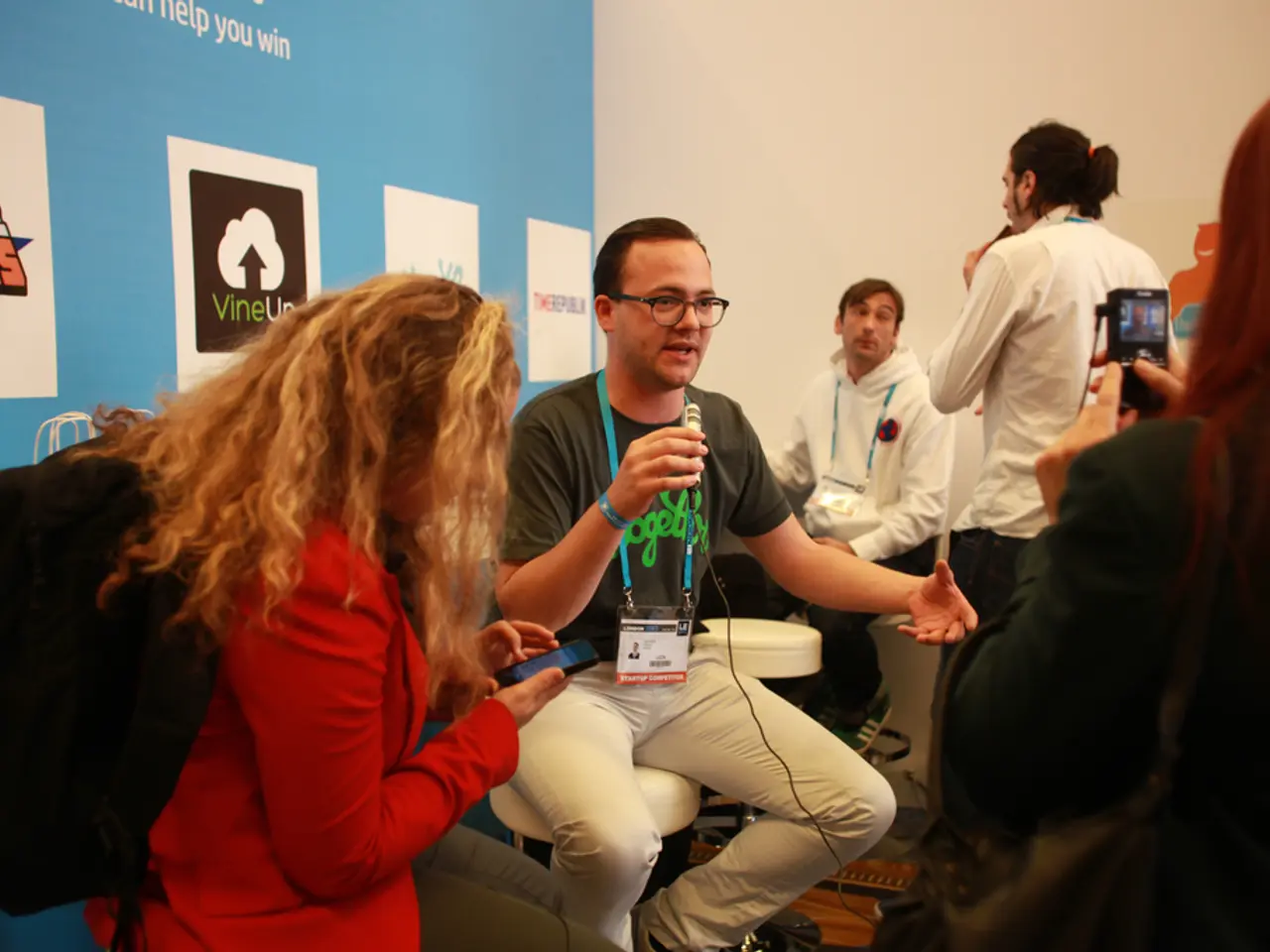Utilizing Surveys: Time and Purpose Explanation
In a thought-provoking video, Der Pragmaticus, along with colleagues Wändi Bruine de Bruin, Henrik Olsson, and Drazen Prelec, delve into the suitable application of surveys and their alternatives in research. The discussion provides valuable insights for researchers seeking to make informed decisions about the tools they use.
The video begins by emphasising that surveys can be quick and cost-effective, but their appropriateness depends on the specific research problem at hand. It is crucial to avoid using surveys as a default method to prevent the "to someone with a hammer everything looks like a nail" trap.
One alternative method discussed in the video is the use of interviews. In some research processes, interviews can prove to be a better solution, offering a more in-depth understanding of the subject matter. However, the video does not specify which specific alternatives to surveys are considered.
Another topic touched upon in the video is Card Sorting, a method associated with William Hudson. Card Sorting is a technique used in user experience design to understand how users organise and categorise information. Despite its potential benefits, Card Sorting is not presented as a solution in all research processes, nor is it specified as a default method.
The video does not provide information on where to find more resources on the topic, but it does mention that the Card Sorting literature can be found at this URL.
The image used in the video is credited to Tobias Toft, Kevin Cannon, and the Copenhagen Institute of Interaction Design (CIID). The video itself is a valuable resource for learning about the appropriate use of surveys in research, offering a balanced perspective on the various tools available to researchers.
It is essential to remember that surveys are just one tool among many in the research process. The choice of method should always be guided by the specific research question and the goals of the study. By considering the pros and cons of each method, researchers can ensure that they are making the most informed decisions possible.
In conclusion, the video by Der Pragmaticus and colleagues offers a valuable perspective on the appropriate use of surveys in research. By understanding the limitations of surveys and exploring alternatives such as Card Sorting and interviews, researchers can make more informed decisions about the tools they use, ultimately leading to more accurate and meaningful results.








